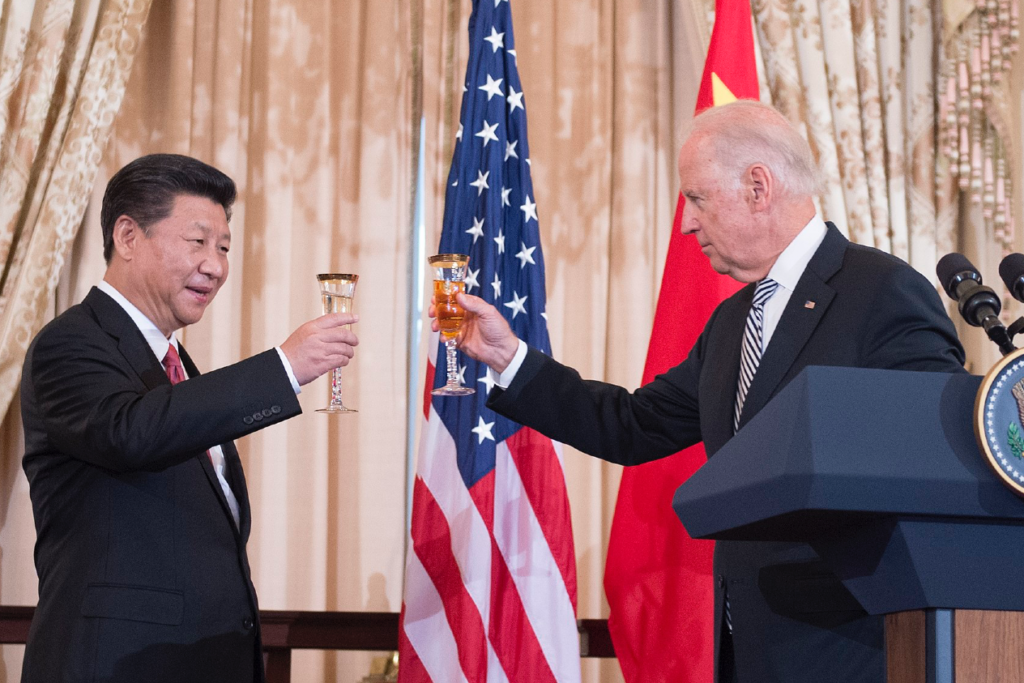Searching for the Elusive Rules-Based Order

Chris, Zack, and special guest host Rachel Hoff of the Ronald Reagan Institute, explore the recent article by Dani Rodrik and Stephen Walt “How to Build a Better Order: Limiting Great Power Rivalry in an Anarchic World.” Rodrik and Walt propose a framework — or “meta-regime” — that affirms well-established norms of international behavior (as enshrined in the U.N. Charter, for example), while also preserving space for states to act unilaterally or multilaterally, but ideally in ways that do not increase the risk of conflict. But is it even realistic to speak of a rules-based order? And should we want one? Some Americans chafe at the notion of constraints on U.S. power. And what are the actual prospects for international cooperation at all, given the increasingly competitive nature of the U.S.-China relationship?
Grievances for Joe Biden’s talk of nuclear Armageddon, and toward the Saudis for colluding with the Russians (and others) to raise gas prices – and maybe help Republicans in the mid-term elections. An atta-secretary to Lloyd Austin for his plan to remove the names of violent insurrectionists from U.S. military bases. And, in a first, Zack praises Chris Preble … for convincing the Biden administration to finally release the National Security Strategy. We’re sure that’s what did it.
Episode Reading:
- Dani Rodrik and Stephen M. Walt, “How to Build a Better Order: Limiting Great Power Rivalry in an Anarchic World,” Foreign Affairs, September/October 2022.
- Aude Darnal, “Biden and the United Nations Security Council Reform: True Commitment or Tokenism?” Stimson Center, October 5, 2022.
- Deirdre Walsh, “Some Democrats Push to Punish Saudi Arabia after OPEC+ Move to Cut Oil Production,” NPR, October 6, 2022.
- Ambassador Katherine Tai, Tweets, October 7, 2022.
Image: U.S. Department of State from United States, Public domain, via Wikimedia Commons

